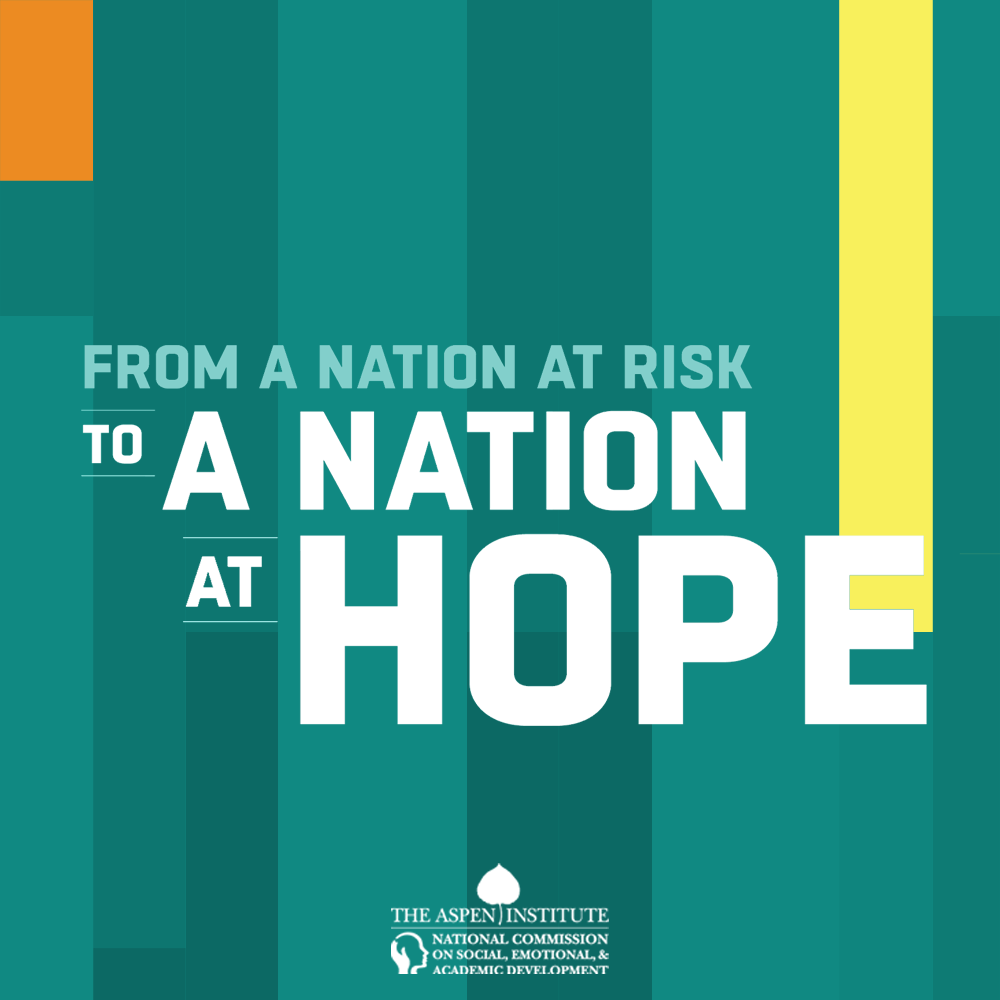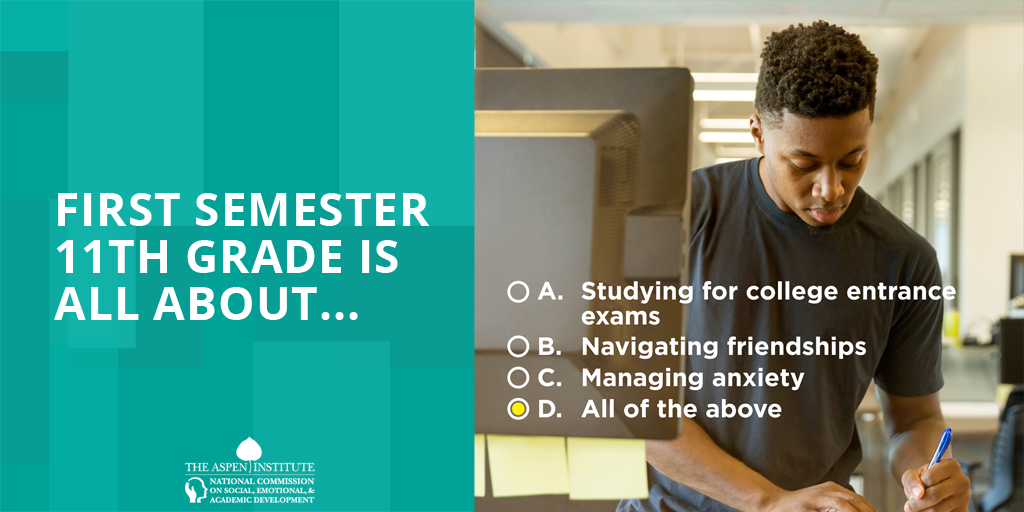
Back in the 90s in my corporate days, my boss always talked about our “emotional intelligence.” He droned on and on about how our “EQ” was more important than our IQ. It sounded like corporate training mumbo jumbo back then, mostly because there was no direction to help us understand how to achieve emotional intelligence. And as you can imagine, that trend fizzled out.
Fast forward 25 years, and here we are talking about a sort of emotional intelligence again. This time we are talking about social, emotional, academic development. And this time, we are teaching adults and children alike how to hone social emotional learning. Even in the 90s, we knew that the concept of emotional intelligence made some sense, but we were left grasping for the nebulous how.
The Aspen Institute’s National Commission on Social, Emotional, and Academic Development has been researching the brain science behind social emotional learning. The Commission is comprised of a pretty impressive group of people (full disclosure…I was lucky to be a part of the parent panel). If only this existed when when my boss was lecturing us about our EQ in a soulless conference room! There is science behind why we should focus on the holistic approach of social, emotional, academic learning. The Aspen Institute’s Nation at Hope report confirms that teaching children skills like persistence, empathy, confidence, optimism, and responsibility will shape how students will thrive in life and work. The research points to the what, the why, and most importantly, the how.
More than 200 scientists, youth and parent groups, educators, and policymakers provided input and insight to craft the report and recommend tactical ways to accelerate and strengthen efforts in local communities through the following six broad recommendations:
- Set a clear vision that broadens the definition of student success to prioritize the whole child.
- Transform learning settings so they are safe and supportive for all young people.
- Change instruction to teach students social, emotional, and cognitive skills; embed these skills in academics and school-wide practices.
- Build adult expertise in child development.
- Align resources and leverage partners in the community to address the whole child.
- Forge closer connections between research and practice to generate useful, actionable information for educators.
This admittedly requires a paradigm shift to reframe how we approach education in America. We need to think about children’s overall health and wellbeing, not just academic success, and most importantly, not just the convenience of adults. This means focusing on relationships, not test scores. This means building schools with central spaces for breaking bread, not a cafeteria relegated to the basement. This means classrooms that foster collaboration, not competition. This means policies that pay teachers and uphold the profession with regard rather than impose punitive measures. This means focusing on a child’s experiences, not just behavior.
Paradoxically, it sounds daunting yet simple at the same time. It makes sense to think about a child’s emotions and experiences. We understand fundamentally that our experiences shape us. As human beings, we know relationships fulfill us, and a lack of safe, nurturing experiences essentially rob us of our humanity. A paradigm shift seems insurmountable, but read the report to find actionable steps we can take today to start focusing on social, emotional, academic development. You’ll find examples that speak to multiple perspectives from policy to school systems.
Education is about life skills and healthy relationships. Social, emotional, academic development fosters this in us all. In addition to the traditional “3 Rs,” we need SEAD. In today’s tumultuous world, now, more than ever.
